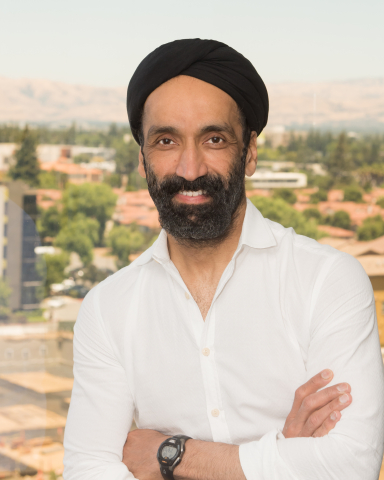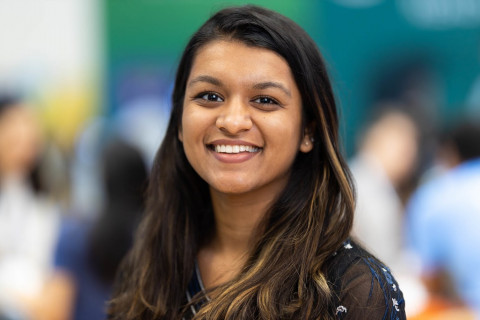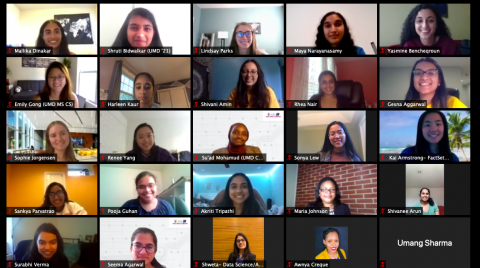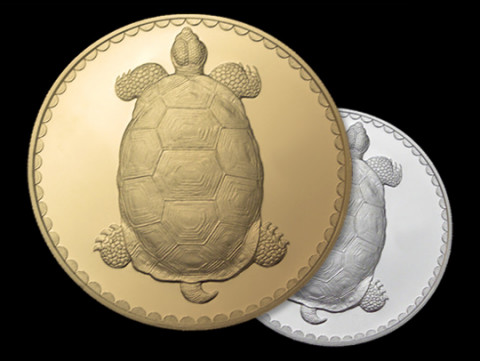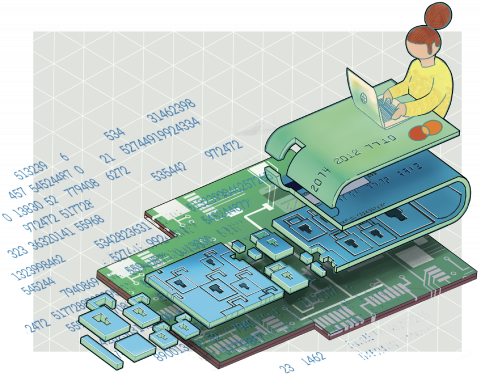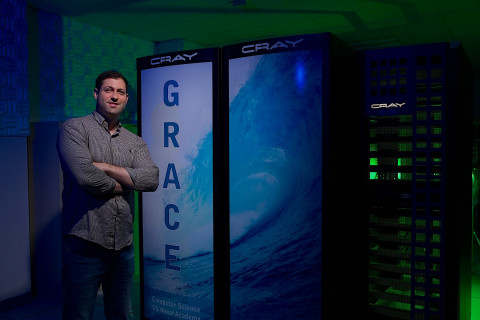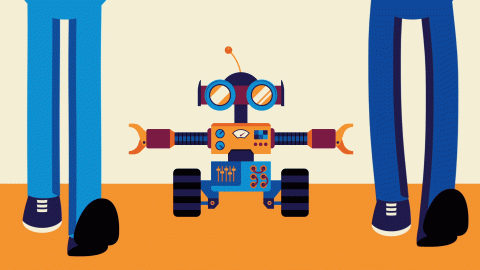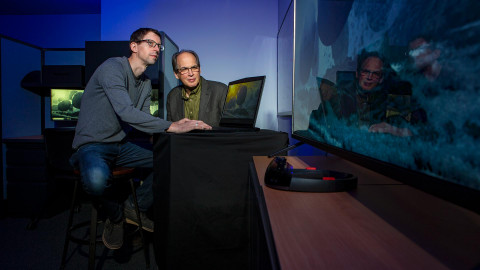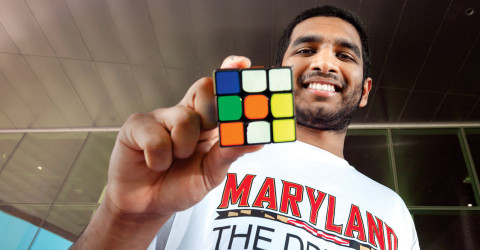Recent News & Accomplishments
2020
Just like the rock walls she scales multiple times a week, Kelsey Fulton knows that any challenge—mentally or physically—takes patience, perseverance, and quick thinking. Fulton, a fourth-year computer science doctoral student in the Maryland Cybersecurity Center (MC2), is an avid rock climber who likes to stay physically active, often lifting weights twice a week to maintain her strength and help prevent climbing injuries. She excels in putting that same level of discipline and determination into her research, which explores the human factors of information security with a focus on software... read more
Computer science alumnus Jagdeep Singh’s 30 years of successful Silicon Valley startups
After 30 years of launching companies, there’s one thing Jagdeep Singh (B.S. ’86, computer science and economics) never forgets: there are no guarantees. “I think one thing you need to have is a healthy realization for the fact that you can fail,” Singh explained. “This is not a company job where you have a lot of stability. And that’s what keeps the best entrepreneurs going, because it forces you to not relax, kind of stay on your toes.” Case in point, his most recent startup QuantumScape . Though it could end up being his biggest entrepreneurial success ever, it didn’t always feel like it... read more
The senior computer science major finds inspiration in women helping women
Whether it was middle school robotics club or high school computer classes, Gesna Aggarwal was used to being one of the only girls in the room. But during her freshman year at the University of Maryland, the computer science major stepped into Reckord Armory and was suddenly surrounded by a sea of more than 800 girls, women and nonbinary computer and technology enthusiasts. She had found Technica, UMD’s student-run hackathon. “It was empowering to see that sort of representation,” said Aggarwal, a senior who also participates in the QUEST Honors Program and is pursuing a minor in general... read more
More than 100 CS students, faculty, staff and alumni attended these conferences, which promote diversity in computing.
For CS students, attending conferences and networking events that promote diversity in computing—like the Grace Hopper Celebration and Richard Tapia Celebration of Diversity in Computing Conference —can be life-changing experiences. And while COVID-19 moved events like these online this fall, CS Terps were still able to surround themselves virtually with thousands of individuals who shared their passion for technology and computing. This year, 200 undergraduate and graduate students from UMD—including 100 from computer science—attended the virtual Grace Hopper Celebration from September 29 to... read more
Research is integral to the mission of the Department of Computer Science. Faculty members and students conduct studies in traditional and interdisciplinary research areas. Below is a selection of recent funding awards and the work they will support. Improving Mental Telehealth Services Using Artificial Intelligence Computer scientists at the University of Maryland, College Park, and child behavioral specialists at the University of Maryland, Baltimore, received an award from MPowering the State’s COVID-19 Response Fund to improve telehealth services for children living in rural areas of the... read more
The financial and technology leader was the inaugural partner in UMD’s Center for Machine Learning.
When the University of Maryland Center for Machine Learning launched in 2019 to unify and enhance the many machine learning activities underway on campus, financial and technology leader Capital One committed to being the center’s inaugural partner. “We were proud to be a part of launching the University of Maryland Center for Machine Learning and proud to continue our partnership with the university in this field,” said Paul Hurlocker, Vice President, Center for Machine Learning, Capital One. “At Capital One, we've invested in forward-leaning technologies like machine learning that can... read more
While deep learning is an increasingly popular form of artificial intelligence used in products and services that impact hundreds of millions of lives—it’s deployed in robots, driverless cars and systems that decide who should go to jail and who should get a credit card—no one quite understands how it actually works. Tom Goldstein , an associate professor of computer science with an appointment in the University of Maryland Institute for Advanced Computer Studies , recently joined a multi-institutional team of engineers, computer scientists, mathematicians and statisticians who are tasked... read more
This article is republished from Maryland Today Sci-Fi Social Distancing BY CHRIS CARROLL From meltdowns at Walmart over mask mandates to refusals to stay 6 feet from others at pool parties and political events, the COVID-19 pandemic has underlined something we already knew: People can get prickly when other people call them out for breaking rules. But what about a gentle hint from a robot? With help from National Science Foundation EAGER grant and other funding sources, a team of University of Maryland computing researchers is exploring how autonomous robots whisking smoothly through crowds... read more
The University of Maryland has a new four-year undergraduate program that combines art with computer science to prepare students to design and develop immersive media content and tools. The immersive media design (IMD) major is co-taught by art and computer science faculty with expertise in virtual and augmented reality, digital art, projected imagery, computer graphics, 3D modeling, and user interfaces spanning audio, visual and tactile platforms. “The goal is to graduate students who can collaborate effectively across creative and technical boundaries, and will excel in their field, whether... read more
This article is republished from Terp By Chris Carroll, Photo by Stephanie S. Cordle Pavan Ravindra ’21 stares intently at the jumbled Rubik’s Cube, then attacks. In the dim light of his College Park apartment and over the iffy video of a Zoom call, his hands dissolve in a blur of rapid twists and flips. He slams it down, solved, and hits the timer. The result: just under 10 seconds. What seems like a freakish display of skill, however, slightly embarrasses Ravindra, a dual-degree major in biochemistry and computer science. A world-class “cuber,” he’s often solved the Rubik’s Cube faster... read more
